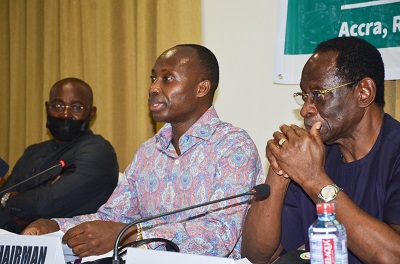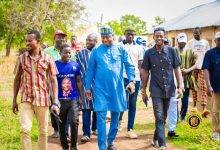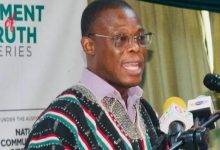
The final draft of the Economic Community of West African States (ECOWAS) Vision 2050 document and frameworks has been validated by a team of experts from all member states.
This means that the document is now ready to be submitted to the ECOWAS Council of Ministers for review and subsequently the ECOWAS Authority of Heads of State and Government for approval.
ECOWAS has set December this year for the endorsement of the document which would guide the development of the region for the next three decades, starting from January 2022.
The experts who were tasked to validate the document completed their work on Sunday in Accra, where they deliberated on all the five pillars of the vision for three days.
The development of the ECOWAS Vision 2050 document started in Senegal 2018.
It is expected to firm up the aspirations and development priorities of member states and consolidate the gains made by ECOWAS in the implementation of programmes and projects identified under the erstwhile ECOWAS Vision 2020.
The vision has five strategic pillars; peace, security and stability; governance and rule of law; economic integration and interconnectivity; transformation and inclusive sustainable development and social inclusion.
The Head of ECOWAS National Office, Accra, Dr Alhassan Iddrisu, expressed gratitude to all stakeholders and experts for their contribution to the development of the documents.
He rallied all stakeholders at the political and technical levels to take ownership of the vision and drive its popularisation and mainstreaming into national development agenda, when approved for implementation.
“Efforts should also be made to involve the Civil Society Organisations, private sector and development partners in the popularisation and implementation of the vision,” he said.
The ECOWAS Commissioner for Macroeconomic Policy and Economic Research, Dr Kofi Konadu Apraku, said the validation was only the beginning for the Community as the major work rested on its implementation.
“We have done a good job giving a vision to ourselves. Vision that will help us rise out of poverty and challenges of development and become a prosperous community. It is our responsibility to actualise the vision in our programmes and activities,” he said.
Representative of the UN Economic Commission for Africa (UNECA), Ngone Diop, said the document was inclusive and would ensure that no one was left behind in the development process.
BY JONATHAN DONKOR


